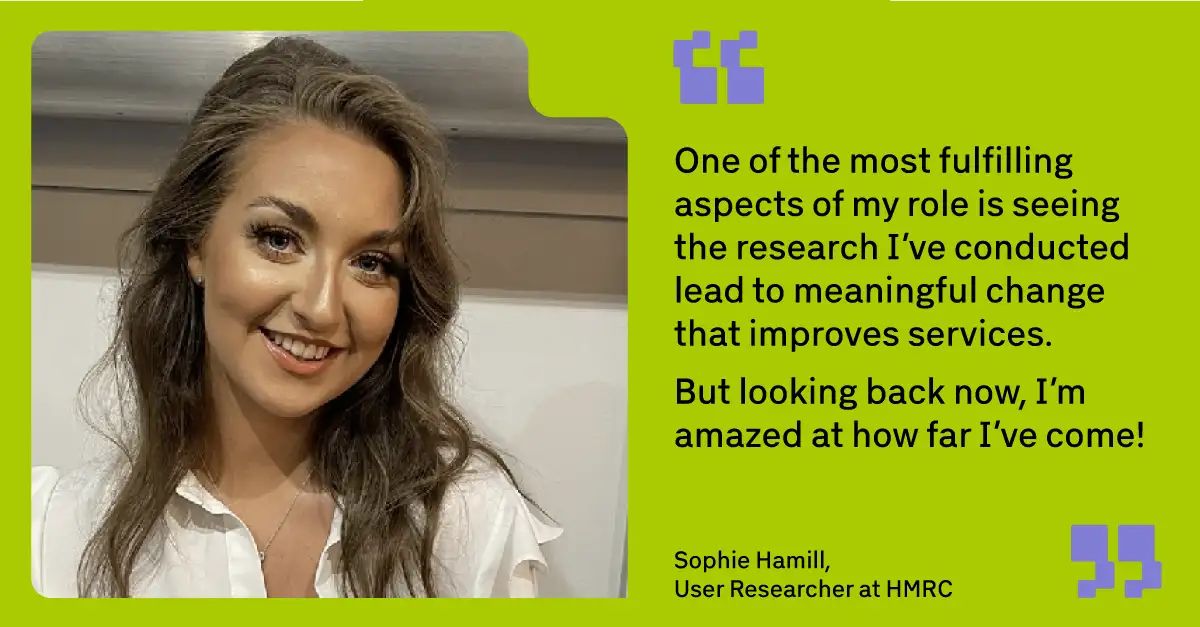Lead Test Engineer - HO - G7
Government Digital & Data -
Our Lead Test Engineers are held in high regard, well sought after, and highly valued members of the teams they work in.
We are seeking individuals with the skills required to solve engineering challenges of QAT approaches and build strong collaborator relationships. Working alongside impactful multi-disciplinary teams, you will use your technical, delivery and leadership skills to drive outstanding, industry standard quality engineering practices. Your success will be linked to the success of the teams you work with, and you will play a pivotal role in helping your team deliver outcomes, safely and securely.
You will be working in the Data Services and Analytics (DSA) area of the organisation. The mission of DSA is to be the leading provider of data insight services in Government. DSA hosts one of the most advanced data analytics centres in government, who strive to lead the way in the appropriate and proportionate use of data and analytics to deliver joined-up, intelligent services that unlock the value from data and improve decision making, policy and operations.
In return, we will invest in your learning and development, and you will be supported by guides in your job family, while having opportunities to mentor and be mentored. You will be a member of the test engineering practice. We invest in adopting innovative technology. We are actively developing quality strategies to assure AI based solutions, as well as its safe usage in quality engineering. Our test engineering practice will be a core part of these strategies.
QAT/Engineering Tools and Technologies we use:
We have a wide portfolio of projects, and our vast estate covers a whole range of tools. The below is sample snapshot of some tools we use:
- Frameworks: Pytest, Serenity BDD (Selenium + RestAssured), Cypress, Playwright, Karate, and several bespoke frameworks.
- DevOps: AWS, Jenkins, Drone, Docker, Kubernetes,
- Performance testing: JMeter
- Other tools: Axe, ZAP, SonarQube
- Observability and Monitoring: Grafana, Dynatrace
What you will do
Your main day to day responsibilities will be:
- setting the programme or product level strategy for the initiation, delivery and development of QAT solutions and working independently to deliver end to end QAT services.
- ownership of existing test frameworks and actively reviewing them, innovate and identify need for new frameworks, and delivering these at scale.
- leading and coaching a team of test engineers and helping solve technical challenges that the team may require assistance with, evaluating efficacy of test engineering processes across projects and suggesting improvements.
- managing test infrastructure usage and determining approach to running distributed, parallel tests. Using container & cloud technology to orchestrate faster, scalable tests while optimising costs.
- working with teams to promote use of code scan, code quality, accessibility testing and observability tools.
- promoting convergence, creating shared capabilities and data driven approaches within test engineering and participating in the QAT Test Engineering community.
Person specification
UK residency and security requirements - You need to have lived in the UK for the past 5 years.
Essential criteria
As a Lead Test Engineer you will have experience of:
- programming using Python, Java and JavaScript to write secure, reusable, and maintainable automated tests and test utilities. You should be able to use concepts like thread management, synchronisation, resource, and memory management to increase the efficiency of test engineering solutions. Using scripting languages like Bash or PowerShell.
- defining tools like Pytest-BDD, Selenium for front-end automation, Rest Assured for API testing, Serenity BDD, build tools like Maven or Gradle and using Git to manage branches and merge requests through distributed version control. A solid understanding of protocols and architectural styles involved in implementing UI and backend API for applications.
- working with unit test frameworks like Junit or Pytest, assertion libraries and data serialisation tools.
- working with POM test design pattern and SOLID code design principle and implementing coding guidelines and standards.
- extensively using CI/CD tools such as Drone and Jenkins for pipeline automation and a solid understanding of release pipeline concepts. Familiarity with containerization platforms like Docker and container orchestration platforms like Kubernetes.
- ability to actively engage with performance testing engineers and work alongside them to identify performance bottlenecks. Ability to read, interpret and articulate performance reports.
SFIA capability framework
Skills for the Information Age (SFIA) is the technical framework that sets the standard capability and development of all Quality Assurance & Testing levels in the Home Office. This is a link to the capability framework: All skills A–Z — English (sfia-online.org)
We use set SFIA technical skills to form our interview questions and we will assess you against these technical skills during the selection process.
SFIA levels of responsibility – Use the SFIA Levels of responsibility to understand what would be expected for each Technical Skill listed below.
SFIA Technical skills
The essential technical skills listed above are reflective of the Home Office Government Digital and Data Profession Career Framework. Please see below for the relevant skills required for your role.








